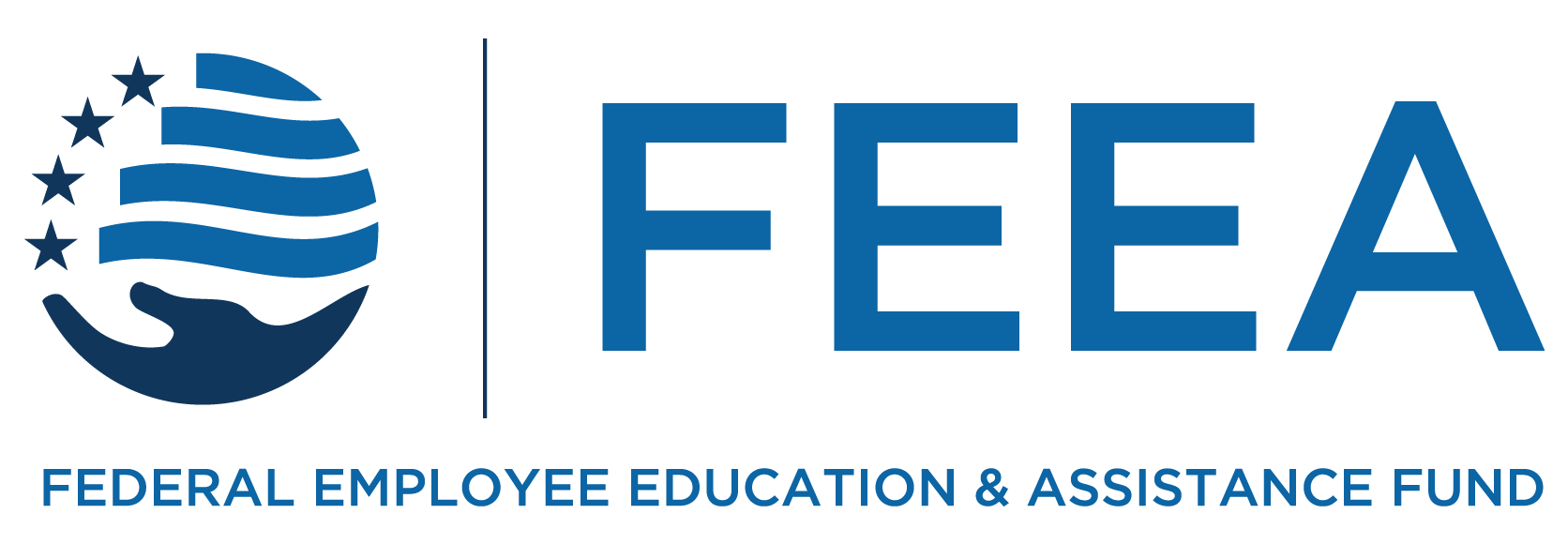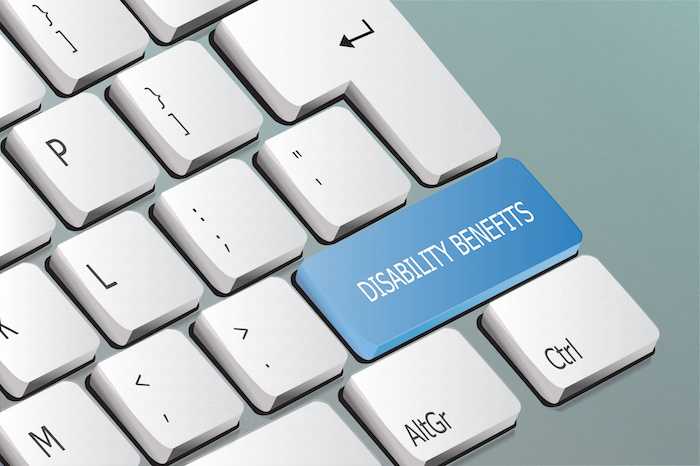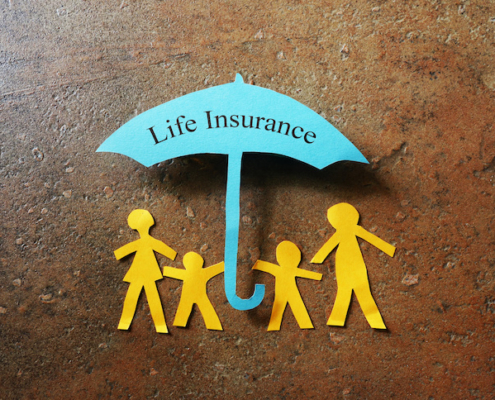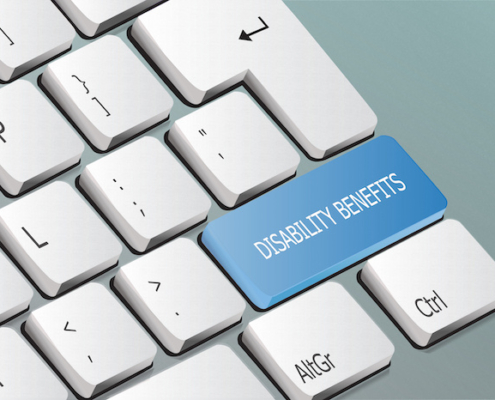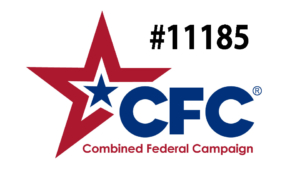by Joyce Warner
Unlocking the Mysteries of Disability Benefits for Federal Employees — Your Guide to Navigating Federal Employee Benefits with Confidence
I recently sat down with Greg Klingler from the Government Employees’ Benefit Association (GEBA) and Cheri Cannon, from the law firm Tully Rinckey PLLC, to talk about the ins and outs of feds and disability insurance. This is a complicated topic and at FEEA we know many federal employees would like more information about it.
Joyce: It seems like most of the feds we speak with are more focused on life insurance than on disability insurance. Yet, I believe it’s much more common for someone to become disabled (even if not permanently), then pass away. Does that match your experience?
Greg: Joyce, this absolutely matches our experience. The idea of living with a disability is a scary thought, which causes many of our members to avoid the topic entirely. The fact remains, 12.6% of Americans live with some form of disability.
A 2017 study by Group Market Share found that 1 in 4 Americans who are age 20 will suffer from a disabling event that is expected to last at least one year, before they reach their full social security retirement age. The fact that a 20 year old is more likely to become disabled than die begins to look more reasonable when we look at the reasons people become disabled — Musculoskeletal disorders (29%), Cancer (15%), Mental Health (9.1%).
Despite all of this, many of our members continue to focus on their mortality and not their potential infirmity, which is why education about the risk of disability is so important.
Joyce: It’s my understanding that federal employees don’t have short-term disability insurance as part of their employee benefits package (for illness and injuries that happen outside of work that would prevent them from working for a period of less than one year). Is that correct?
Greg: Correct. While the government will protect employees who have at least 18 months of employment from long-term disabling events through “FERS Disability Retirement”, there are no government-sponsored safeguards against short-term disability, with the exception of sick leave, annual leave, and the leave bank.
Joyce: After the government shutdown earlier this year we saw in a Prudential survey that “twenty-nine percent of federal workers and spouses said they had emergency savings of less than $1,000.” Given those numbers, we really encourage federal employees to build an emergency savings fund and also to treat their sick and annual leave like a precious resource since they might need it to continue their income in a crisis. What other options do feds have to cover those gaps in income from a disability of less than a year?
Greg: I think the first item to discuss is that federal employees are not alone. Studies have shown that half of Americans could not pay an unexpected $400 bill. So, the question is where can you draw income to pay your living expenses?
If you are a homeowner, you may be able to draw from an open home equity line of credit, but I caution you to take withdrawals very seriously since HELOC repayments generally start right away and there is interest added. You don’t want to lose your home due to not repaying the line of credit. In addition, there is some potential assistance that may be offered by the Voluntary Leave Program and the Voluntary Leave Bank Program which can provide you with income to bridge an income gap, but please be aware that this income is not guaranteed.
Joyce: Earlier you mentioned a program called FERS Disability Retirement. Can you tell us more about that, what it covers, who is eligible, and how much it provides?
Greg: The FERS Disability Retirement Program covers all FERS employees who have been employed for at least 18 months. For eligible FERS employees, if a disability is expected to last at least one year AND this disability inhibits an employee from fulfilling the responsibilities of their job, they are eligible for a benefit of 60% of pre-disability income for the first year and 40% every year thereafter while disabled. For those under the CSRS program who are not eligible for retirement, you would be covered under the CSRS disability retirement, providing a 40% benefit.
You do want to keep in mind that applicants must also file for social security disability AND this benefit is taxable.
Joyce: Do you know how many claims are submitted each year for this program and how often they are approved? Also, about how long does it take to get approved?
Cheri: There are no statistics that we can find on approval rates. The OPM statistics on this program’s use, however, are interesting. In 2016, OPM reports that there were 136 CSRS disability applications and 6486 FERS applications, for a total of 6622. OPM also reports that for that fiscal year, approximately 6.7% of all retirements among federal employees were taken for reasons of disability.
The fact is that it could take up to a year or more for OPM to act on your claim from when it is fully completed and submitted, so you will need to plan accordingly. Remember that you can apply while you are employed, but you do have one year post separation to apply for disability retirement. If you miss that deadline, you are ineligible.
How does OPM report their data? Visit their site to learn more.
Joyce: How does this work with the Social Security disability that Greg mentioned earlier? Do you have to be approved for that to get FERS Disability Retirement?
Cheri: The FERS Disability retirement rules require you to apply for Social Security Disability benefits prior to making FERS application for benefits and you will have to provide proof of such application, when you submit your FERS application. There is no requirement that you actually get approved for social security benefits, although many people are eligible for both.
The standards for getting the two types of disability benefits are not the same. If you were to get both, there are rules that calculate reduction in certain benefits as a consequence. We always recommend our clients seek a tax professional’s help in these situations, as we do not want them to end up in a situation where they owe the US government money.
Joyce: Why would someone want to consider purchasing supplemental disability insurance as part of their overall financial plan?
Greg: Well, I think this is effectively two separate discussions.
First, for new hires within the first 18 months of employment, I generally recommend all employees seriously consider a comprehensive long-term disability policy because there is almost no protection from disability.
Second, while FERS and CSRS retirement disability is quite generous, many people would find it difficult for their family to survive for an extended period of time on the retirement disability benefit of 40% — and remember, the 40% would then be taxed. Supplemental disability insurance can provide an employee a total of up to 67% of their pre-disability income, and the benefit provided by the insurance policy would be provided on an after-tax basis.
Additionally, private disability insurance can provide benefits for disabilities expected to last a little as 30 days, versus one year for FERS Disability Retirement, and provides benefits that can follow an employee even after they leave federal employment.
FEDLIFEHACKS What Happens If You Become Disabled?
[Video Start]
[Video presented with written slides in English]
[music]
[FEEA #FEDLIFEHACKS logo with a light bulb at the top encased by a blue box.]
What Happens if a Fed Becomes Disabled and Can’t Work?
[An image of a keyboard with the word “Disability Benefits” in place of the shift key ]
Do you know feds don’t automatically have short-term disability insurance?
If you’re disabled for less than a year and have exhausted your sick, annual, and any donated leave, you might not be protected from income loss.
[An image of various animated drawings of muscular and nerve areas in the human body .]
Disability is more common than death
1 in 4 Americans age 20 can expect to be disabled for up to a year BEFORE reaching retirement age, due to things like musculoskeletal disorders, cancer, or mental health issue.
[an image of an African American woman asleep in a hospital bed.]
If you’ll be disabled for more than a year, FERS Disability Retirement may help
You will have to apply for Social Security benefits first, and provide proof when applying for FERS Disability Retirement.
You will have to apply for Social Security benefits first, and provide proof when applying for FERS Disability Retirement.
[An image of a calendar
It can take a year or longer to be approved for Disability Retirement
You’ll want to be sure you have savings or other plans in place to protect you and your family from loss of income while waiting for approval.
[A an image of dollar bills in a jar.
Do you have an emergency fund?
Consider setting up a saving allotment right from your paycheck to help cover unexpected expenses or loss of pay while disabled.
[An image of a person holding a tablet device with a form with “Disability Insurance” at the top of the screen.]
You may want to consider private disability insurance
Private plans can help cover income loss for disabilities lasting as little as 30-days, or much longer.
[an image of a nurse greeting an older patient.]
If you are still disabled when you reach retirement age, your retirement benefits will start.
Contact OPM early so you can switch to your regular retirement benefits at retirement age.[An image of a Caucasian man falling backwards.]
If you’re injured on the job, you may be eligible for Worker’s Comp benefits
If your disability is caused by something that happened at work, you will need to apply for benefits through the Department of Labor.
for more information on this topic, visit feea.org/fed-disability
[Government Employees’ Benefit Association Logo.]
FEEA thanks GEBA for contributing to our #FedLifeHacks program
[FEEA #FEDLIFEHACKS logo with a light bulb at the top encased by a blue box.]
[music]
[Video End]
Joyce: What does someone need to do to apply for FERS Disability Retirement? Who decides whether they are accepted into the program?
Cheri: There are a great deal of forms to fill out, as with any application for a federal benefit. Those forms request information about the employee, but also require a supervisor to answer several questions about accommodations that were or were not made for the employee, the employee’s performance on the job, and any misconduct allegations that were made against the employee.
The employee will have to, in a narrative fashion, describe the disabilities for which they are seeking the benefit, and how the disabilities impact their major life functions and their work performance, and the narrative will have to be backed up by specific information from treating physicians’ statements and medical records.
All of this information should be submitted at one time, and this can be onerous. Refusal to submit medical records will cause the application to be denied. The physicians should have the employee’s position description and be able to say that the employee is unable to render useful and efficient service and/or cannot perform the essential functions of that position, even with a reasonable accommodation. If the employee can perform with an accommodation, they are ineligible for FERS disability retirement.
A special unit at OPM reviews the whole package and that is where the decision is made. If you are out of federal service, you submit the package directly to OPM. If you are in the service, you submit through your servicing HR office. OPM will notify you by mail of an approval or rejection.
If denied, you will be given a chance to seek reconsideration by OPM within 30 days. If denied a second time, you may appeal the decision to the Merit Systems Protection Board (MSPB).
Joyce: What happens if you recover once you are on FERS Retirement Disability?
Cheri: If you recover, you will lose your benefits. OPM will periodically ask you and your physician to re-certify your disability status and you will need to provide proof of on-going disability when you are asked. This request could come annually or more or less often. Irrespective of when you are asked by OPM for information, you need to proactively advise OPM when you are no longer disabled, as to continue to receive federal funds for a disability you no longer have, could be considered fraud.
Joyce: What happens to this benefit once you reach retirement age?
Cheri: Once you reach retirement age (62), your disability retirement will end and your regular FERS annuity will kick in. You should be in contact with OPM, prior to your 62nd birthday regarding this issue.
Joyce: What if you are injured on the job and have a short or long-term disability as a result?
Cheri: An on the job injury would result in you filing a workers’ compensation claim under the Federal Employees Compensation Act (FECA). Worker’s compensation covers on the job injuries (which you must show were incurred on the job). You must apply for that benefit with the Department of Labor, not OPM.
Salary may be paid, and for more serious injuries, you may be entitled to a lump sum.
If receiving workers’ compensation benefits, you do not use your own sick leave and you do not need to seek disability retirement. If it becomes obvious medically that you will not recover, and receive such a note from your treating physician and the Workers’ Compensation Program concurs, you may continue to receive Workers’ compensation or apply for disability retirement. You cannot receive both at the same time.
Office of Workers’ Compensation Programs
The Office of Workers’ Compensation Programs has more information as it relates to Federal Employees’ Compensation Program with a link to the ECOMP Portal, where individuals can record workplace injuries and illnesses and process claims. >>Learn More
Under some circumstances, you may be required to seek Disability Retirement if the Workers’ compensation program terminates your benefits or orders you to return to work and your doctor certifies you as unable to do so. Please check with the Department of Labor regarding all workers’ compensation issues. Also remember that if you are injured off the job, you will need to use FMLA or sick leave to cover your time off the job, as it is not covered by workers’ compensation and the government uses its sick leave program as its version of short term disability benefits. As a federal employee, you do not have a short term policy such as the private sector offers.
MORE FROM FEEA
Subscribe to FEEA’s Newsletter
FEEA THANKS GEBA FOR CONTRIBUTING TO OUR #FEDLIFEHACKS PROGRAM
Would you like to reprint this piece in your agency human resource, federal employee association, or union local newsletter? You can do so at no cost by contacting [email protected] with your request.
The information provided in this piece is for your convenience and informational purposes only and not to be construed as professional advice. FEEA and its coauthors and sponsors are not liable for any losses or damages related to actions or failure to act with regard to the content in this piece.
